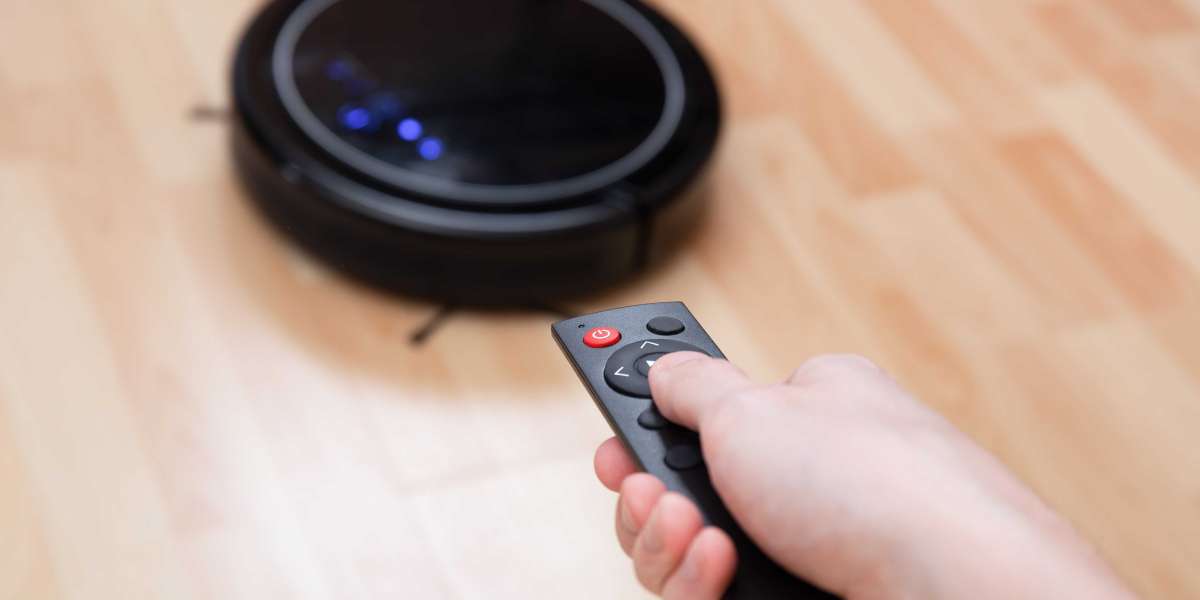Indonesia insists B40 biodiesel execution to proceed on Jan. 1

Industry participants seeking phase-in period anticipate gradual introduction
Industry deals with technical difficulties and expense issues
Government financing concerns emerge due to palm oil cost variation
JAKARTA, Dec 18 (Reuters) - Indonesia's strategy to broaden its biodiesel required from Jan. 1, which has actually sustained issues it might curb global palm oil materials, looks increasingly likely to be executed gradually, experts stated, as market participants seek a phase-in period.
Indonesia, the world's most significant manufacturer and exporter of palm oil, plans to raise the compulsory mix of palm oil in biodiesel to 40% - called B40 - from 35%, a policy that has actually triggered a jump in palm futures and may pressure rates even more in 2025.
While the federal government of President Prabowo Subianto has actually stated consistently the plan is on track for full launch in the brand-new year, industry watchers state expenses and technical difficulties are likely to lead to partial execution before complete adoption throughout the stretching archipelago.
Indonesia's most significant fuel merchant, state-owned Pertamina, stated it needs to customize a few of its fuel terminals to mix and store B40, which will be finished throughout a "shift duration after government establishes the mandate", representative Fadjar Djoko Santoso informed Reuters, without offering details.
During a meeting with government authorities and biodiesel producers last week, fuel retailers requested a two-month shift duration, Ernest Gunawan, secretary general of biofuel manufacturers association APROBI, who was in presence, told Reuters.
Hiswana Migas, the fuel merchants' association, did not instantly react to an ask for comment.
Energy ministry senior official Eniya Listiani Dewi informed Reuters the mandate hike would not be implemented gradually, and that biodiesel producers are prepared to supply the higher blend.
"I have validated the preparedness with all manufacturers last week," she stated.
APROBI, whose members make fat methyl ester (FAME) from palm oil to be blended with diesel fuel, stated the government has actually not provided allotments for producers to sell to sustain retailers, which it normally has actually done by this time of the year.
"We can't deliver the goods without purchase order files, and purchase order documents are gotten after we get contracts with fuel companies," Gunawan informed Reuters. "Fuel companies can only sign contracts after the ministerial decree (on biodiesel allowances)."
The federal government prepares to designate 15.62 million kilolitres (4.13 billion gallons) of FAME for B40 in 2025, Eniya told Reuters, less than its initial estimate of 16 million kilolitres.
FUNDING CHALLENGES
For the government, moneying the higher blend might also be an obstacle as palm oil now costs around $400 per metric heap more than crude oil. Indonesia utilizes profits from palm oil export levies, managed by an agency called BPDPKS, to cover such spaces.
In November, BPDPKS estimated it required a 68% boost in aids to 47 trillion rupiah ($2.93 billion) next year and approximated levy collection at around 21 trillion rupiah, fuelling market speculation that a levy walking is imminent.
However, the palm oil industry would challenge a levy walking, said Tauhid Ahmad, a senior expert with think-tank INDEF, as it would hurt the industry, consisting of palm smallholders.
"I think there will be a hold-up, since if it is executed, the subsidy will increase. Where will (the cash) come from?" he stated.
Nagaraj Meda, managing director of Transgraph Consulting, a commodity consultancy, stated B40 implementation would be challenging in 2025.

"The execution may be sluggish and steady in 2025 and most likely more busy in 2026," he stated.
Prabowo, who took office in October, campaigned on a platform to raise the required further to B50 or B60 to achieve energy self-sufficiency and cut $20 billion of annual fuel imports. ($1 = 16,035.0000 rupiah) (Reporting by Bernadette Christina; Editing by Tony Munroe and Lincoln Feast.)






